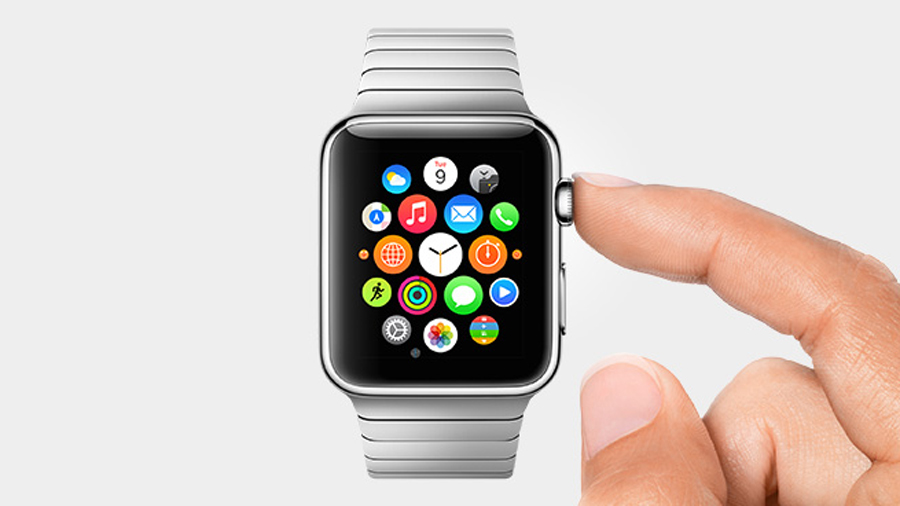Will Apple Watch change the way we do business?
A revolution in process

A few years ago, the thought of wearable technology devices being commonplace was farfetched; things have changed very quickly in the last few years, even in the last few months, as technology marches ahead, delivering ultra-low power processors and new wireless connectivity protocols.
As user adoption of wearable technology becomes more prevalent we can be sure that companies will soon start seeing these products making their way into the workplace.
With the launch of Apple's new Watch some people may be asking will wearable technology affect the way we work? The simple answer is no. it's not going to have the immediate impact on businesses that we saw with the iPad or even the iPhone.
Within a short space of time iPhones and iPads had changed the way employees conduct their work on a day-to-day basis. And just as quickly, both of these devices were raising questions over the management of 'bring your own device' (BYOD), document control and security.
Beyond BYOD
In a study conducted by Ovum last year, it was discovered that 70 percent of workers who owned a personal tablet used it on the job. IT departments have already spent a considerable amount time and energy contending with the use of smartphones and tablets in the office and similarly they will also be concerned about which wearable technologies employees will want to use as part of their work lives.
However, the idea of using personal devices for business use is becoming increasingly accepted as businesses realise that the line between work time and personal time has become blurred and people want to be using the same devices wherever they are and whatever they're doing.
Therefore, the launch of Apple's new Watch product and other wearable devices doesn't really have the same "shock and awe" factor this time around as we're used to the introduction of new products in our personal lives and in the working environment.
Sign up for breaking news, reviews, opinion, top tech deals, and more.
However, it does raise questions about how the way we do business will change in the next 10 years.
While the impact may not be immediate, JP Gownder, a Forrester Research analyst said earlier this year that "the promise of these devices will start to be seen in businesses in 2014. Enterprises need to start putting together a road map for thinking about how wearables can improve their businesses."
Bring-your-own-wearable
Within the next few years, it's very likely we'll see business processes change as a result of these types of wearable devices.
Today, many business processes are already completed from mobile devices and as adoption of wearable technologies increases it's safe to say that people will further change the way they work to accommodate these new products. Watch devices will be a convenient way of introducing people to processes with simplicity and low friction.
In some areas the affect will be more keenly felt. Manufacturing, marketing, sales and service processes can be revolutionised with the capture of more information and the ability to measure the true cost and productivity of processes.
The same technology that the Apple Watch uses for point of sale could be used to dramatically streamline signature and approval processes.
While the introduction of wearable devices to the workplace will steadily increase over the next few years, Forrester believes that ubiquity will not occur for a decade. For now though, businesses need to accept that Watch and other wearable devices will soon be seen in the workplace and the best plan is to prepare and make sure that their adoption as work tools is as smooth as possible for the organisation.
Within 10 years we may be wondering how we got along without them. Or possibly we'll wonder what did we let ourselves in for?
- John Newton is the CTO and founder of content management company, Alfresco.
Chief Innovation Strategist at Hyland.